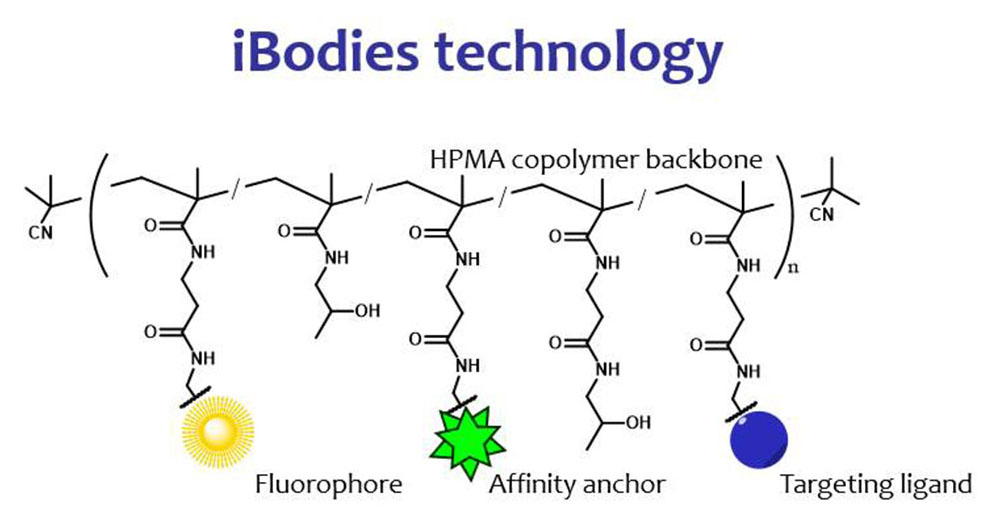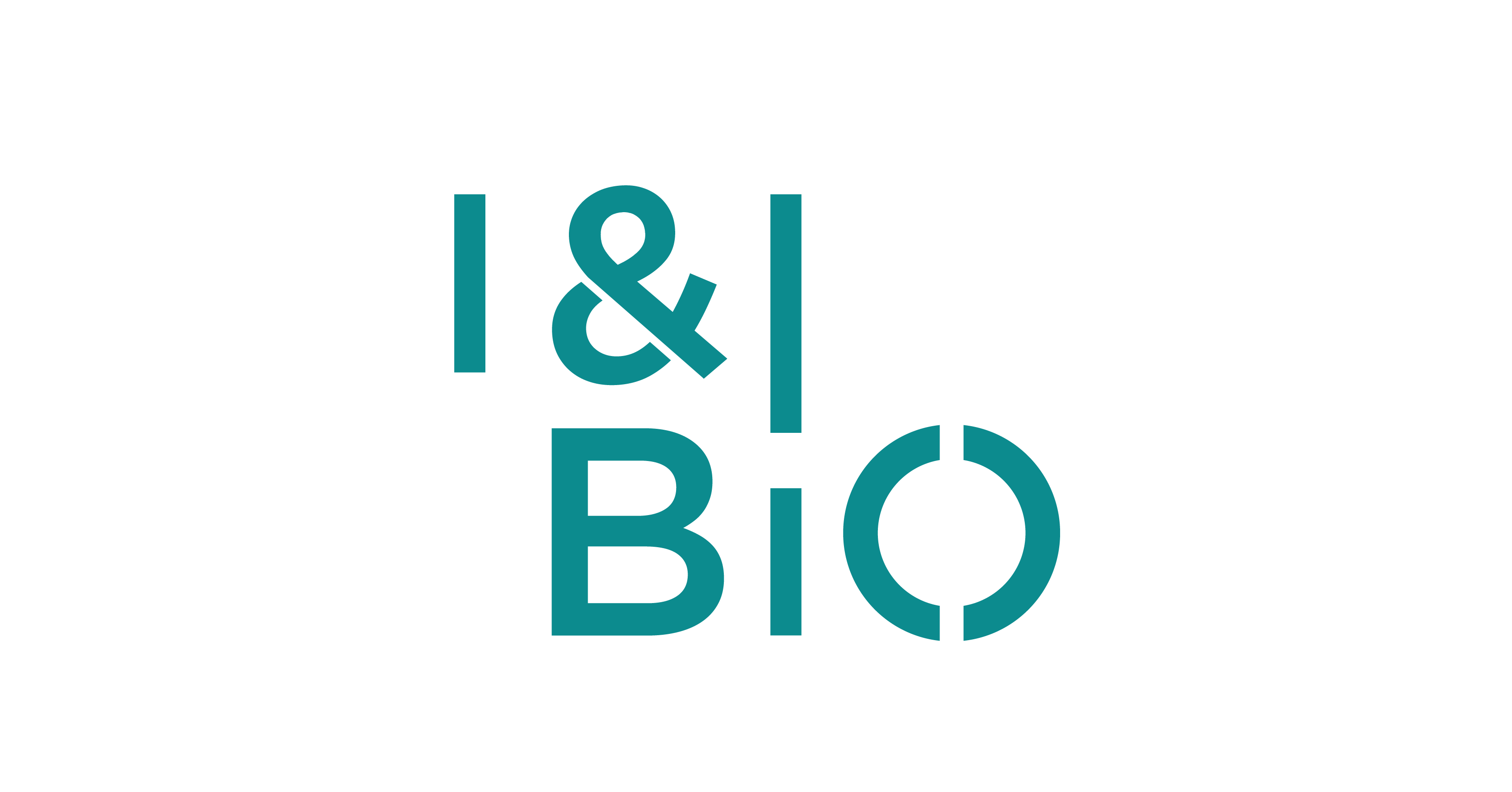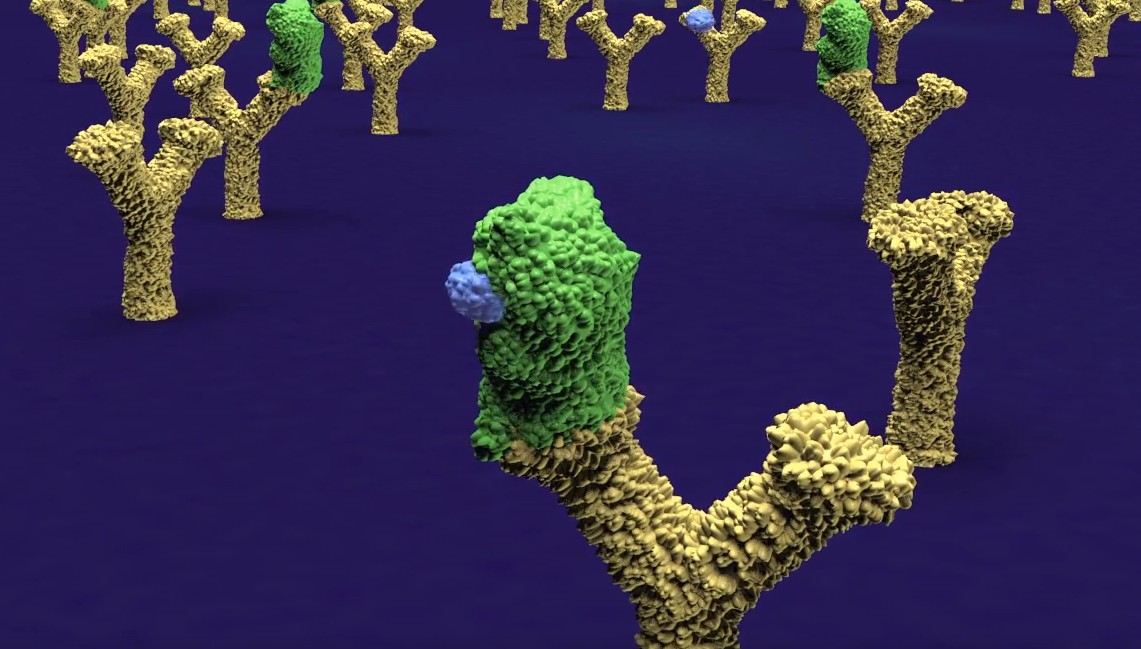
The Institute of Organic Chemistry and Biochemistry of the Czech Academy of Sciences (IOCB Prague), the Institute of Macromolecular Chemistry of the Czech Academy of Sciences (IMC), and Charles University have signed a licensing agreement with the company Immunotech, a member of the Beckman Coulter group, for the use of iBodies®, a joint technology for measuring free testosterone in blood. The new iBodies provide an alternative to the radioactive tracer method, thus simplifying the measurement of free testosterone in clinical laboratories.
Measuring free testosterone is important in determining the correct therapy for a number of health problems and serious diseases. In women, for example, it is measured in cases of menstrual disorders and conception problems. In men, it can help identify the causes of obesity, erectile dysfunction, depression, sleep disorders, and osteoporosis. The actual measuring, however, is complicated: the amount of free testosterone is either inaccurately derived from overall levels of testosterone in the blood, or it is measured using radioactive tracers, which provide accurate results but also present a variety of complications arising from the use of radioactive material, among them its relatively low stability.
Typically used as synthetic antibody substitutes, iBodies are complex molecules that enable imaging of specific proteins on the surface of cells.
In this case, iBodies are being used for the very first time as so-called tracers, i.e. nonradioactively labelled molecules that can be detected with a high degree of accuracy, making it possible to derive free testosterone levels. Therefore, iBodies represent a key component that facilitates sensitive detection of free testosterone.
The results of the new iBodies, their sensitivity, and their long-term stability caught the attention of the Beckman Coulter group, which, with the license, will use them as an important component for its new nonradioactive (ELISA) kit for determination of free testosterone and will add them to its standard in vitro kits for clinical laboratory diagnostics.
What are iBodies?
iBodies® (www.ibodies.eu) were developed by Pavel Šácha, Tomáš Knedlík, and others in the laboratory of Jan Konvalinka at IOCB Prague and Charles University in collaboration with the team of Vladimír Šubr of the Department of Biomedical Polymers, headed by Tomáš Etrych, at the Institute of Macromolecular Chemistry of the Czech Academy of Sciences. iBodies comprise a polymer backbone with a small organic molecule bound to it that can bind to the target receptor of tested cells. A component of the complex is a molecule that serves as an anchor for use in various separation techniques and, in some cases, also a fluorescent label facilitating imaging of iBodies with various laboratory methods. All this together gives the technology considerable potential for use in clinical laboratories, either as substitutes for nonsynthetic antibodies that are otherwise not readily available, or as tracers for measurement.
Development of a free testosterone determination kit
Development of a kit for the determination of free testosterone began in 2017 with collaboration between the company Immunotech and the Department of Advanced Materials and Organic Synthesis at the Institute of Chemical Process Fundamentals of the Czech Academy of Sciences as part of grant project of the Ministry of Industry and Trade FV20061. To improve the characteristics of the proposed kit, work was undertaken in 2018 between the Institute of Macromolecular Chemistry of the Czech Academy of Sciences (Vladimír Šubr, Libor Kostka), the Institute of Organic Chemistry and Biochemistry of the Czech Academy of Sciences (Pavel Šácha, Natan Sidej), and the companies IOCB Tech and i&i Prague (Jiří Moos, Jan Plicka) on development of a technology for measuring free testosterone using iBodies, which was completed at the beginning of 2020. Correlational studies and tests of several hundred samples have demonstrated that ELISA technology using iBodies is more sensitive than commercially available kits with radioactive testosterone. Another significant advantage of the new iBodies is their long-term functional stability as compared with radioactive or protein-based tracers.





